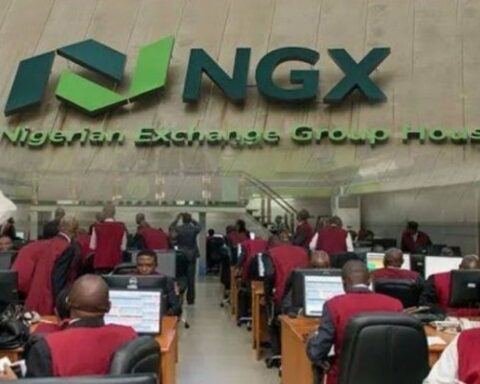By MIKE ABBAH
Nigeria’s capital importation declined by 22.85% in Q2 2024 from US$3,376.01 billion in Q1 2024 to N2,604.50 billion, according to the National Bureau of Statistics (NBS).
However, the figure is higher than US$1,030.21 billion recorded in Q2 2023, indicating an increase of 152.81%.
The NBS report revealed that Portfolio Investment ranked top with US$1,404.70 billion, accounting for 53.93%, followed by ‘Other Investment’ with US$1,169.97 billion, accounting for 44.92%. Foreign Direct Investment recorded the least with US$29.83 million (1.15%) of total capital importation in Q2 2024.
The Banking sector recorded the highest inflow with US$1,123.95 billion, representing 43.15% of total capital imported in Q2 2024, followed by the Production/Manufacturing sector, valued at US$624.71 million (23.99%), and Trading sector with US$569.22 million (21.86%).
Capital Importation during the reference period originated largely from the United Kingdom with US$1,120.15 billion, showing 43.01% of the total capital imported.
This was followed by the Netherlands with US$577.82 million (22.19%) and the Republic of South Africa with US$255.98 million (9.83%).
Out of the three states that recorded capital importation during the quarter, Lagos state remained the top destination with US$1,367.84 billion, accounting for 52.52% of the total capital imported.
Abuja (FCT) followed with US$1,236.64 billion (47.48%), and Ekiti state with US$0.0003 million.
Citibank Nigeria Limited received the highest capital importation into Nigeria in Q2 2024 with US$818.46 million (31.43%), followed by Standard Chartered Bank Nigeria Limited with US$654.79 million (25.14%) and Rand Merchant Bank Plc with US$488.59 (18.76%).
FDIs have been low in the past few quarters following an increase in the CBN Monetary Policy Rate, MPR, which drains up cash from the real sector, where FDI concentrates, to money market instruments which make up the FPIs.



























